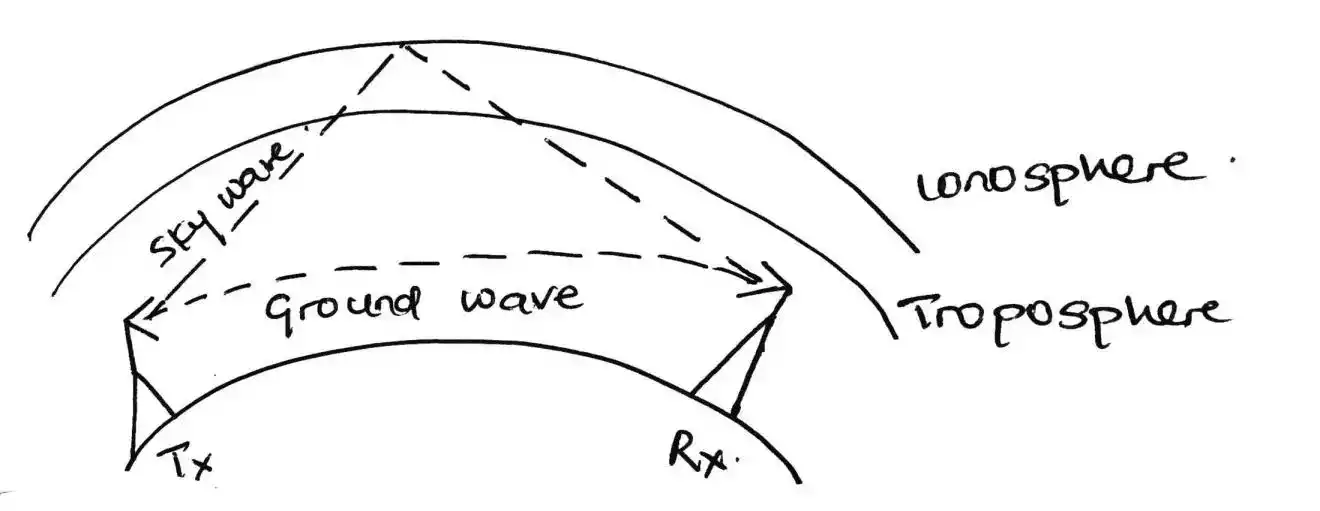Difference Between Chemical Engineering and Petroleum Engineering
When it comes to engineering, one can explore a myriad of disciplines that cater to various aspects of the industry. Among these, chemical engineering and petroleum engineering stand out as two fields that often garner comparison.
While there are similarities between the two, they also possess notable differences in terms of their focus and applications.
In this article, we will look into the sphere of chemical engineering, throwing light on its distinct characteristics and expertise.
By examining the principles, scope, and key skills associated with chemical engineering, we aim to provide a comprehensive understanding of its contributions to the field.
Table of Contents
What is Chemical Engineering?
Chemical engineering is a branch of engineering that deals with the design, development, and operation of processes and equipment used in the production of various chemicals, materials, and energy.
It combines principles of chemistry, physics, mathematics, and engineering to develop innovative solutions for industrial processes.
Scope of Chemical Engineering
Chemical engineering encompasses a wide range of industries and applications. Some of the key areas where chemical engineers play a significant role include:
- Manufacturing: Chemical engineers are involved in the design and optimization of manufacturing processes for various products, such as pharmaceuticals, polymers, fertilizers, and consumer goods.
- Energy Production: Chemical engineers contribute to the development of efficient and sustainable energy production methods, including renewable energy sources and clean technologies.
- Environmental Protection: Chemical engineers work on developing solutions to minimize the environmental impact of industrial processes, such as waste treatment and pollution control.
Key Skills for Chemical Engineers
To excel in the field of chemical engineering, professionals require a combination of technical knowledge and practical skills.
Some of the key skills that are essential for chemical engineers include:
- Strong understanding of chemistry and chemical processes.
- Proficiency in mathematical modeling and analysis.
- Knowledge of process control systems and instrumentation.
- Ability to work with complex data and perform data analysis.
- Effective communication and teamwork skills.
What is Petroleum Engineering?
Petroleum engineering is a specialized field of engineering that focuses on the exploration, extraction, and production of oil and gas resources from the earth’s subsurface.
It involves applying various engineering principles to extract hydrocarbons efficiently and safely.
Scope of Petroleum Engineering
Petroleum engineering plays a critical role in the oil and gas industry, which is responsible for meeting the world’s energy demands.
Some of the key areas where petroleum engineers contribute include:
- Exploration and Drilling: Petroleum engineers analyze geological data to identify potential oil and gas reservoirs. They design and oversee drilling operations to extract these resources from the subsurface.
- Reservoir Engineering: Petroleum engineers work on estimating the size and productivity of reservoirs and develop strategies to maximize oil and gas recovery.
- Production and Well Operations: Petroleum engineers design and optimize production methods to extract oil and gas from wells. They also ensure the safety and efficiency of well operations.
Key Skills for Petroleum Engineers
To succeed in the field of petroleum engineering, professionals need to possess specialized knowledge and skills related to the oil and gas industry.
Some of the key skills that are essential for petroleum engineers include:
- Understanding of geology and reservoir properties.
- Proficiency in drilling techniques and well design.
- Knowledge of reservoir simulation and production optimization.
- Familiarity with petroleum economics and project management.
- Strong problem-solving and decision-making abilities.
Wrap Up
While chemical engineering and petroleum engineering share some common ground, they are distinct disciplines with different focuses and applications.
Chemical engineering deals with the design and development of processes for the production of various chemicals and materials across industries, while petroleum engineering specifically focuses on the exploration, extraction, and production of oil and gas resources.
Both disciplines offer exciting career opportunities and contribute to the advancement of various industries and the global energy sector.
FAQs (Frequently Asked Questions)
- What is the main difference between chemical engineering and petroleum engineering? The main difference between chemical engineering and petroleum engineering lies in their primary focus and application.
Chemical engineering deals with the design and development of processes and equipment for the production of various chemicals and materials across different industries.
On the other hand, petroleum engineering specifically focuses on the exploration, extraction, and production of oil and gas resources from the earth’s subsurface. - Can chemical engineers work in the petroleum industry? Yes, chemical engineers can work in the petroleum industry. Their expertise in process design, optimization, and environmental protection makes them valuable assets in various areas of the industry, such as refining, petrochemical production, and environmental compliance.
- Is petroleum engineering a subset of chemical engineering? Petroleum engineering is not a subset of chemical engineering but rather a distinct discipline within the broader field of engineering.
While both disciplines share some common principles and foundations, petroleum engineering specifically focuses on the extraction and production of oil and gas resources, whereas chemical engineering has a broader scope and encompasses various industries. - Which engineering discipline has better career prospects, chemical engineering, or petroleum engineering? Both chemical engineering and petroleum engineering offer promising career prospects. The choice between the two depends on individual interests and career goals.
Chemical engineering provides opportunities in diverse industries, including pharmaceuticals, consumer goods, and energy production.
On the other hand, petroleum engineering offers specialized roles in the oil and gas industry, which continues to be a crucial sector in global energy supply. - Can a chemical engineer become a petroleum engineer? Yes, a chemical engineer can transition into a career in petroleum engineering with additional training and specialization.
Chemical engineers already possess a strong foundation in engineering principles, chemistry, and process design, which can be applied to the specific challenges of the petroleum industry. - What are the future trends in chemical engineering and petroleum engineering? In chemical engineering, future trends include the development of sustainable and environmentally friendly processes, advancements in nanotechnology and materials science, and the integration of artificial intelligence and machine learning in process optimization.
In petroleum engineering, future trends revolve around enhanced oil recovery techniques, exploration of unconventional resources, such as shale oil and gas, and the adoption of digital technologies for efficient field operations.





